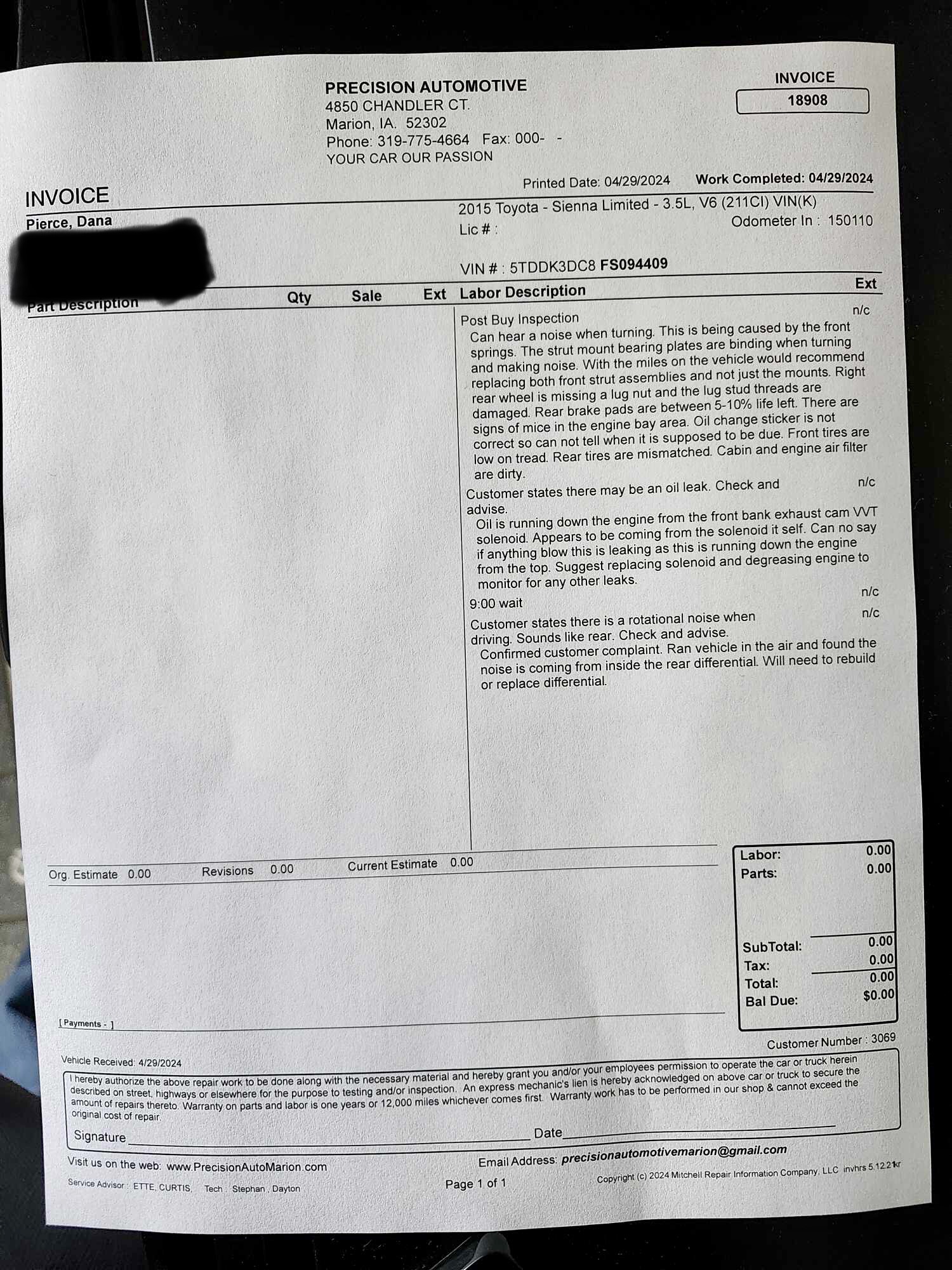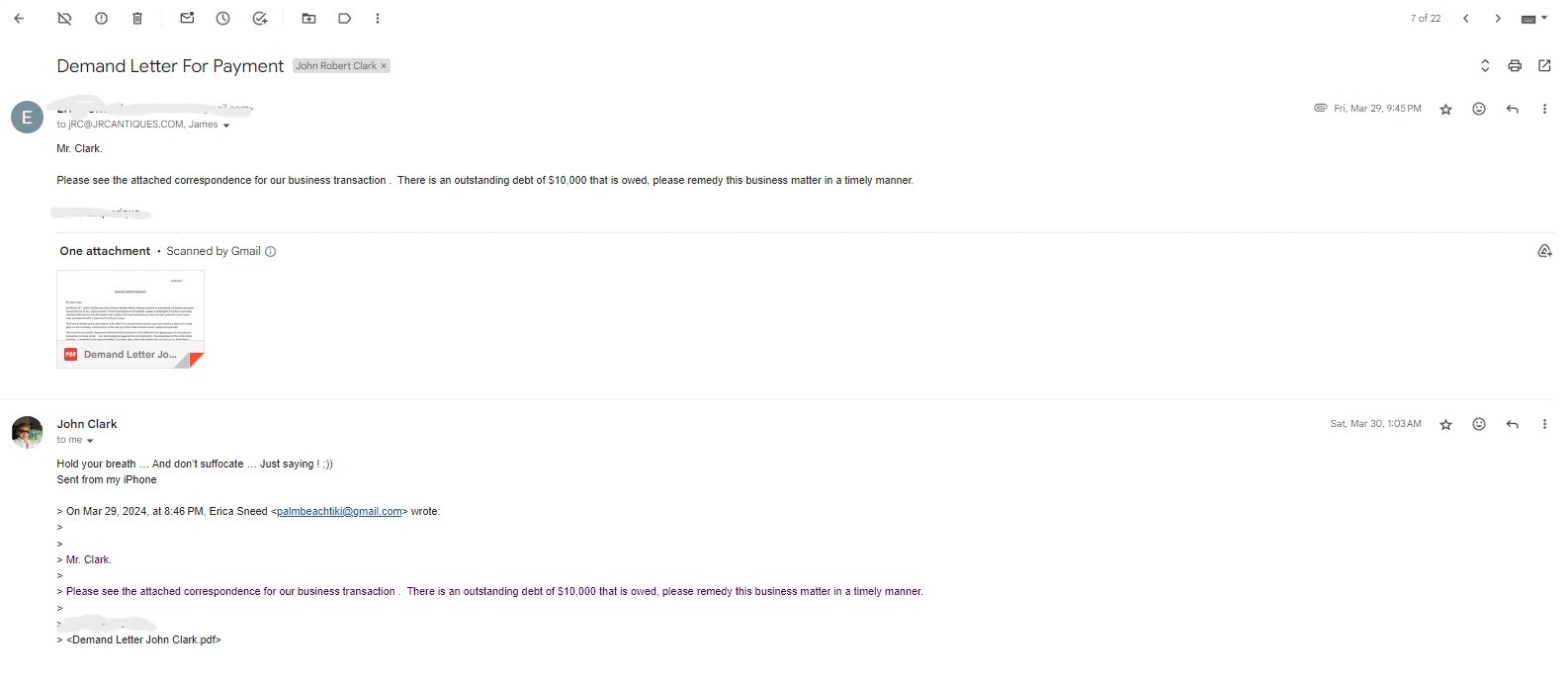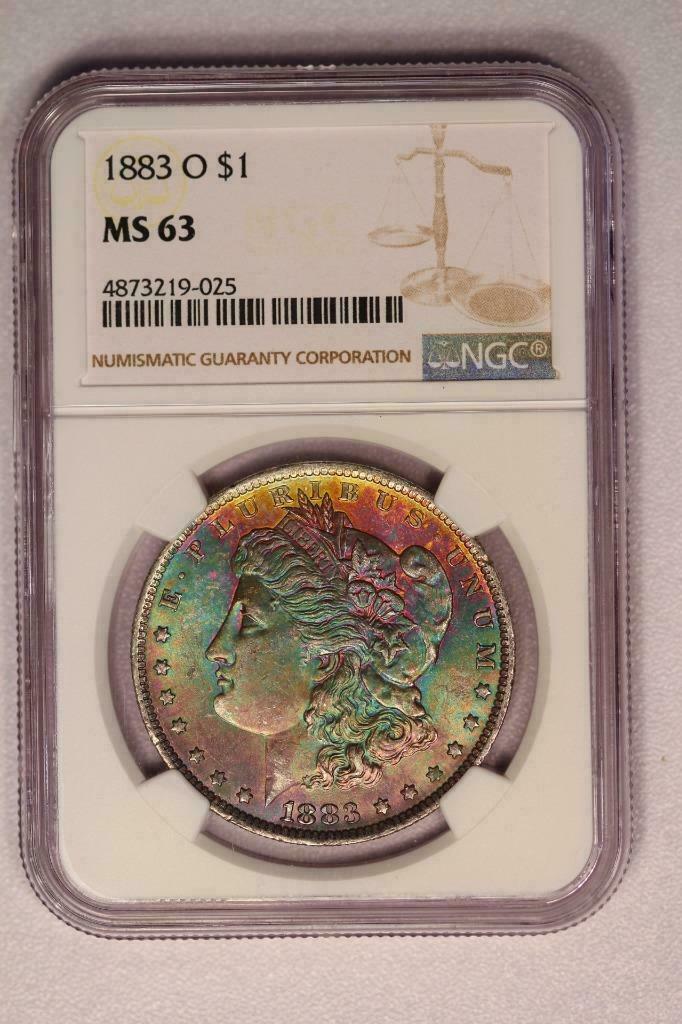- Report: #40014
Complaint Review: homeQ aka Money Store aka Imperial Collection Services aka Adam Castellanos aka William C. Boyd att - Sacramento California
homeQ aka Money Store aka Imperial Collection Services aka Adam Castellanos aka William C. Boyd att
Sacramento, California or Van Ness Sacramento, California, U.S.A.
Web:
N/A
Categories:
homeQ aka Money Store aka Imperial Collection Services aka Adam Castellanos, aka William C. Boyd att ripoff ripoff deception Sacramento California
To all that have been ripped off by Money Store, aka HomeQ, aka Imperial Collection Services, Inc. There is a class action case against Money Store. Money Store is still collecting on accounts even though they are closed. Homeq says Money Store does not exist yet, has all of Money Stores account. All the illegal collecting is being done in the name of Money Store as no one can account for the illegal actions. It is time to include HOMEQ and Imperial Collection Services in California in this Class Action suit below.
It is time to stop the illegal foreclosures and deceptive trade practices of Money Store and HomeQ and the collectors and collection attorneys they hire like William C. Boyd of Houston Texas among others. Money Store is illegal and fraudulently stealling from Customers.
Money Store is Closed andno longer in Business
First Union Closes Shop at The Money Store
By Brian Graney (TMF Panic)
June 26, 2000
Summary: Just two years after acquiring The Money Store, First Union plans to discontinue the business and refocus on other areas. The move ends any hope of a recovery at the Charlotte-based bank this year.
Charlotte-based regional bank warning, er, holding company First Union (NYSE: FTU) was back in the spotlight today after tossing out part of the business model it has spent the past few years cobbling together through
acquisitions. Getting the heave-h*o is The Money Store, a home equity lender purchased in 1998 for about $2.1 billion in stock. Unfortunately for shareholders, The Money Store misadventure will end up costing much more
than that, since First Union is taking a $3 billion charge in Q2 to get out of the business, including $1.7 billion to write off goodwill alone. Oh, and First Union also warned that its Q2 earnings will be lower than expected.
While it's not very sporting to kick a company while it's down, many First Union commentators will do just that today anyway. In all fairness, the company deserves it. After a disastrous 1999 marked by earnings warning
after earnings warning as the bank tried to digest its acquisition of CoreStates Financial, investors were looking for somewhat smoother sailing this year. Earnings were going to be in the tank, of course, but management
had been promising an end to the ugly surprises. "We've turned the corner," President Ken Thompson proclaimed in January, when the firm seemed to be on the verge of a recovery. But with today's announcement, it's no longer clear whether First Union is on a new course or simply going in circles.
Besides eliminating the drag from The Money Store, which wasn't expected to add to earnings this year, First Union is also pulling out of other areas. In order to reduce its interest rate risk, a whopping $13 billion of
investment securities yielding below-market rates will be sold. That's about a quarter of the securities available for sale listed on the firm's first-quarter balance sheet. The company will also follow the lead of other
regional banks such as KeyCorp (NYSE: KEY) and Mellon Financial (NYSE: MEL) recently and sell its consumer and commercial credit card portfolios.
Shifting the focus away from cost centers and onto profit centers is a smart move for any business. This strategy is now getting more play in banking, where economies of scale figure to play a substantial role in the value
creation story in today's consolidated environment. In First Union's case, the plan is to build off last year's purchase of EVEREN Securities -- one deal that hasn't blown up in the firm's face -- and concentrate on asset
management, brokerage, and other fee-based growth areas in the Capital Markets unit.
Management is setting the long-term annual EPS growth bar at 10% to 12%, although the company won't try to jump over that until after 2001. But with so many mis-steps in the past two years, investor confidence in First Union
likely will not be restored until a much later date.
------ Class Action Suit AgainstMoneyStore ----
Class actions filed against First Union's Money Store
Mark Anderson Sacramento Business Journal
Attorneys have filed three class action lawsuits against The Money Store in the last three weeks, all alleging that the operation -- now owned by First Union Corp. -- charges its customers inappropriate fees on mortgages.
Money Center Updated:
January 3, 2003
Sometimes community matters more Local Stocks
Interactive Charting
Personal Portfolio
Your Money
Your Business
Mortgage denials rise for minorities
Is past prologue?
Make sure biz goals fit life
Payroll and tax services Lighten the load of running your business with automated payroll and tax services.
The suits allege that the subprime lender inflated fees, charged unlawful administrative fees and added an extra day's interest to customer statements. Taken separately, the disputed charges range from to $14 to $25. The amounts, said the attorney who filed the lawsuits, matter less than the principle.
"Is it OK for large corporations to overcharge thousands of consumers? We don't think so," said M. Scott Barrett, principal of Barrett & Associates in Chicago. Five other firms are working as attorneys for the plaintiffs in the
class action, including the Hennelly & Grossfeld law firm in Sacramento. It's acting as local counsel. The suits were filed in Sacramento Superior Court.
The lawsuits seek refunds, court costs and unspecified punitive damages. First Union wouldn't comment on the suits.
"With any kind of lawsuit, we can't discuss items under litigation, and we can't discuss confidential customer information," said Shika Raynor, First Union spokeswoman at headquarters in Charlotte, N.C.
Sign up to receive free daily business updates by email every weekday afternoon.
Use Search Watch to watch for related topics, companies.
Receive free Industry News via email. Choose from 46 different industries.
A potential 50,000: As a business, The Money Store is long gone, bought by First Union in 1998 and closed one year later. But more than 500,000 customers still have loans active with the remnants of the company in Sacramento, where about 1,300 First Union employees work in a loan-servicing center.
Attorney Barrett estimates that 10 percent of Money Store customers, or about 50,000 mortgages, might be affected.
First Union paid $2.1 billion for The Money Store, which was then the area's largest locally based company. In 1999, First Union spent another $2 billion closing most of Money Store's operations.
The Money Store's main line of business, making mortgage loans to peoplewith poor credit ratings, suffered a dramatic shakeout as too many companies got into the business. The competition set off a price war, which eventually collapsed profits and then the industry.
Before the collapse, however, Money Store was writing mortgages at a furious pace, more than $7 billion in 1997 alone.
One suit, filed on behalf of Ramon Proctor of Maryland, alleges Money Store "enhances its profits by systematically and unlawfully allocating less money
paid to it by its customers to principal reductions than is called for under contracts, and allocating the payments instead to profit items such asunlawful fees."
All three suits contend Money Store's statements render customers "unable todetect unlawful overcharges in the exercise of reasonable due diligence,"and say the company gets customers to pay because of the mortgage servicer's
"air of correctness which few, if any, individual borrowers will question orchallenge."
Other plaintiffs: Class actions can make sure corporations stay accountable with consumers, Barrett said.
"If the phone company decides to charge you an extra quarter on yourstatement, that's not going to cost you a lot of money. But if they do thatto all their customers, they are going to make a lot of money," Barrett
said. "It is not OK for large corporations to take a small amount of money from a large number of people."
Another suit is on behalf of Diane Techeney of Rochester, N.Y. Her suitalleges that Money Store "deliberately inflated interest charges and latefees in order to extract additional funds from borrowers, not authorized or
permitted by their mortgage contracts."
The third suit, filed on behalf of plaintiffs in Kentucky and New York,alleges that Money Store inflated fees for recording the discharge of loanfees. In New York the fee is $25 but Money Store charged customers $50, and
in Kentucky the fee is $9, but Money Store charged customers $25, the suitclaims.
These three suits stem from items discovered in a case filed two years agoin South Carolina, Barrett said, where a customer was suing Money Store forinterest overcharges.
More information will come out during discovery, he added. "We don't know yet how much Money Store owes to them."
Barrett specializes in mortgage cases and illegal mortgage practices. He said he has sued and settled cases against First Nationwide Mortgage and Citicorp.
Mark Anderson covers banking for the Sacramento Business Journal and can bereached at [email protected].
bobbi
from Texas
League City, Texas
U.S.A.Click here to read other Rip Off Reports on HomeQ
It is time to stop the illegal foreclosures and deceptive trade practices of Money Store and HomeQ and the collectors and collection attorneys they hire like William C. Boyd of Houston Texas among others. Money Store is illegal and fraudulently stealling from Customers.
Money Store is Closed andno longer in Business
First Union Closes Shop at The Money Store
By Brian Graney (TMF Panic)
June 26, 2000
Summary: Just two years after acquiring The Money Store, First Union plans to discontinue the business and refocus on other areas. The move ends any hope of a recovery at the Charlotte-based bank this year.
Charlotte-based regional bank warning, er, holding company First Union (NYSE: FTU) was back in the spotlight today after tossing out part of the business model it has spent the past few years cobbling together through
acquisitions. Getting the heave-h*o is The Money Store, a home equity lender purchased in 1998 for about $2.1 billion in stock. Unfortunately for shareholders, The Money Store misadventure will end up costing much more
than that, since First Union is taking a $3 billion charge in Q2 to get out of the business, including $1.7 billion to write off goodwill alone. Oh, and First Union also warned that its Q2 earnings will be lower than expected.
While it's not very sporting to kick a company while it's down, many First Union commentators will do just that today anyway. In all fairness, the company deserves it. After a disastrous 1999 marked by earnings warning
after earnings warning as the bank tried to digest its acquisition of CoreStates Financial, investors were looking for somewhat smoother sailing this year. Earnings were going to be in the tank, of course, but management
had been promising an end to the ugly surprises. "We've turned the corner," President Ken Thompson proclaimed in January, when the firm seemed to be on the verge of a recovery. But with today's announcement, it's no longer clear whether First Union is on a new course or simply going in circles.
Besides eliminating the drag from The Money Store, which wasn't expected to add to earnings this year, First Union is also pulling out of other areas. In order to reduce its interest rate risk, a whopping $13 billion of
investment securities yielding below-market rates will be sold. That's about a quarter of the securities available for sale listed on the firm's first-quarter balance sheet. The company will also follow the lead of other
regional banks such as KeyCorp (NYSE: KEY) and Mellon Financial (NYSE: MEL) recently and sell its consumer and commercial credit card portfolios.
Shifting the focus away from cost centers and onto profit centers is a smart move for any business. This strategy is now getting more play in banking, where economies of scale figure to play a substantial role in the value
creation story in today's consolidated environment. In First Union's case, the plan is to build off last year's purchase of EVEREN Securities -- one deal that hasn't blown up in the firm's face -- and concentrate on asset
management, brokerage, and other fee-based growth areas in the Capital Markets unit.
Management is setting the long-term annual EPS growth bar at 10% to 12%, although the company won't try to jump over that until after 2001. But with so many mis-steps in the past two years, investor confidence in First Union
likely will not be restored until a much later date.
------ Class Action Suit AgainstMoneyStore ----
Class actions filed against First Union's Money Store
Mark Anderson Sacramento Business Journal
Attorneys have filed three class action lawsuits against The Money Store in the last three weeks, all alleging that the operation -- now owned by First Union Corp. -- charges its customers inappropriate fees on mortgages.
Money Center Updated:
January 3, 2003
Sometimes community matters more Local Stocks
Interactive Charting
Personal Portfolio
Your Money
Your Business
Mortgage denials rise for minorities
Is past prologue?
Make sure biz goals fit life
Payroll and tax services Lighten the load of running your business with automated payroll and tax services.
The suits allege that the subprime lender inflated fees, charged unlawful administrative fees and added an extra day's interest to customer statements. Taken separately, the disputed charges range from to $14 to $25. The amounts, said the attorney who filed the lawsuits, matter less than the principle.
"Is it OK for large corporations to overcharge thousands of consumers? We don't think so," said M. Scott Barrett, principal of Barrett & Associates in Chicago. Five other firms are working as attorneys for the plaintiffs in the
class action, including the Hennelly & Grossfeld law firm in Sacramento. It's acting as local counsel. The suits were filed in Sacramento Superior Court.
The lawsuits seek refunds, court costs and unspecified punitive damages. First Union wouldn't comment on the suits.
"With any kind of lawsuit, we can't discuss items under litigation, and we can't discuss confidential customer information," said Shika Raynor, First Union spokeswoman at headquarters in Charlotte, N.C.
Sign up to receive free daily business updates by email every weekday afternoon.
Use Search Watch to watch for related topics, companies.
Receive free Industry News via email. Choose from 46 different industries.
A potential 50,000: As a business, The Money Store is long gone, bought by First Union in 1998 and closed one year later. But more than 500,000 customers still have loans active with the remnants of the company in Sacramento, where about 1,300 First Union employees work in a loan-servicing center.
Attorney Barrett estimates that 10 percent of Money Store customers, or about 50,000 mortgages, might be affected.
First Union paid $2.1 billion for The Money Store, which was then the area's largest locally based company. In 1999, First Union spent another $2 billion closing most of Money Store's operations.
The Money Store's main line of business, making mortgage loans to peoplewith poor credit ratings, suffered a dramatic shakeout as too many companies got into the business. The competition set off a price war, which eventually collapsed profits and then the industry.
Before the collapse, however, Money Store was writing mortgages at a furious pace, more than $7 billion in 1997 alone.
One suit, filed on behalf of Ramon Proctor of Maryland, alleges Money Store "enhances its profits by systematically and unlawfully allocating less money
paid to it by its customers to principal reductions than is called for under contracts, and allocating the payments instead to profit items such asunlawful fees."
All three suits contend Money Store's statements render customers "unable todetect unlawful overcharges in the exercise of reasonable due diligence,"and say the company gets customers to pay because of the mortgage servicer's
"air of correctness which few, if any, individual borrowers will question orchallenge."
Other plaintiffs: Class actions can make sure corporations stay accountable with consumers, Barrett said.
"If the phone company decides to charge you an extra quarter on yourstatement, that's not going to cost you a lot of money. But if they do thatto all their customers, they are going to make a lot of money," Barrett
said. "It is not OK for large corporations to take a small amount of money from a large number of people."
Another suit is on behalf of Diane Techeney of Rochester, N.Y. Her suitalleges that Money Store "deliberately inflated interest charges and latefees in order to extract additional funds from borrowers, not authorized or
permitted by their mortgage contracts."
The third suit, filed on behalf of plaintiffs in Kentucky and New York,alleges that Money Store inflated fees for recording the discharge of loanfees. In New York the fee is $25 but Money Store charged customers $50, and
in Kentucky the fee is $9, but Money Store charged customers $25, the suitclaims.
These three suits stem from items discovered in a case filed two years agoin South Carolina, Barrett said, where a customer was suing Money Store forinterest overcharges.
More information will come out during discovery, he added. "We don't know yet how much Money Store owes to them."
Barrett specializes in mortgage cases and illegal mortgage practices. He said he has sued and settled cases against First Nationwide Mortgage and Citicorp.
Mark Anderson covers banking for the Sacramento Business Journal and can bereached at [email protected].
bobbi
from Texas
League City, Texas
U.S.A.Click here to read other Rip Off Reports on HomeQ
























